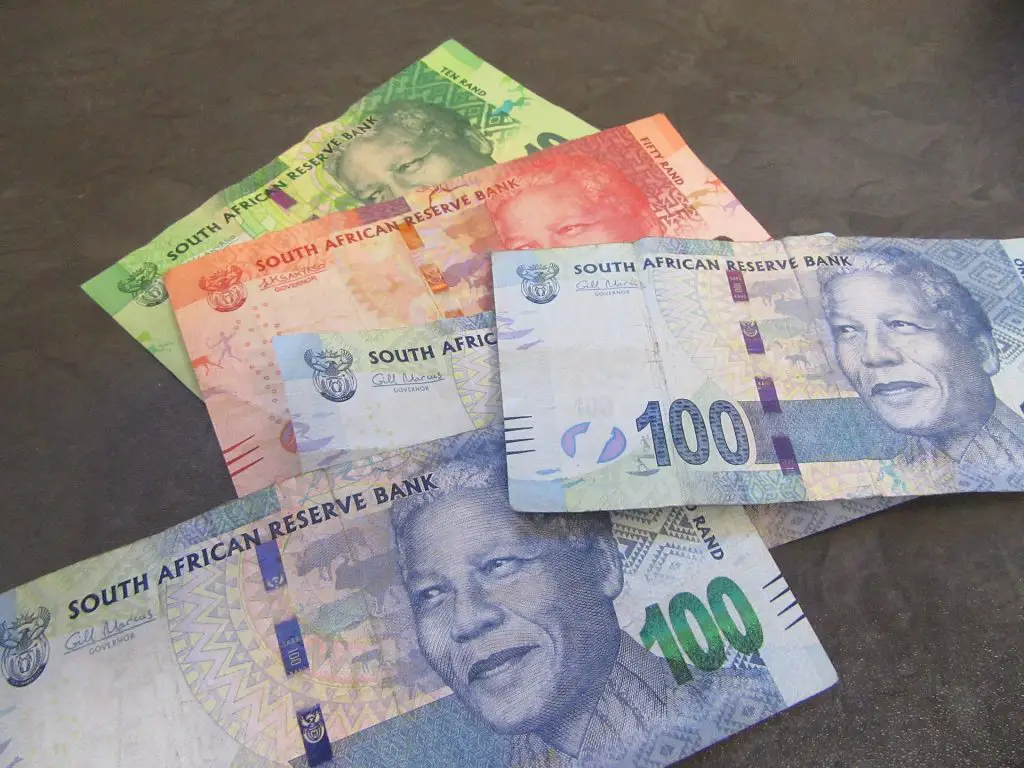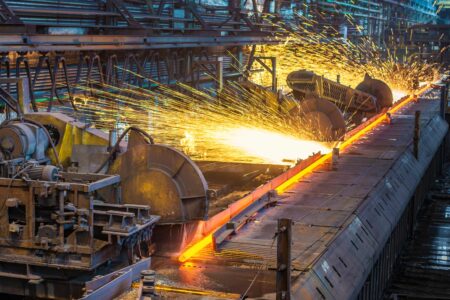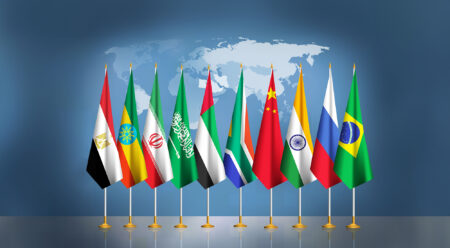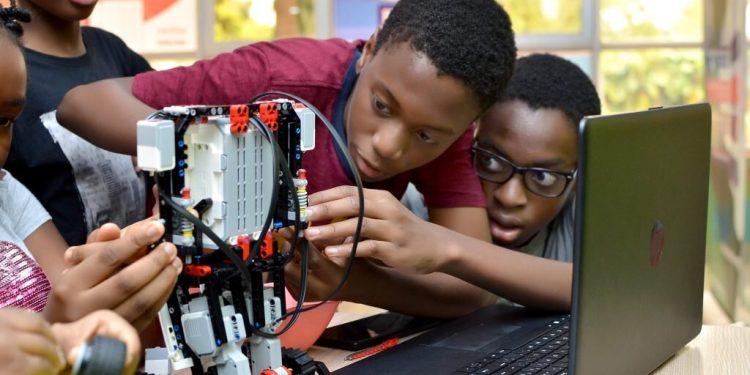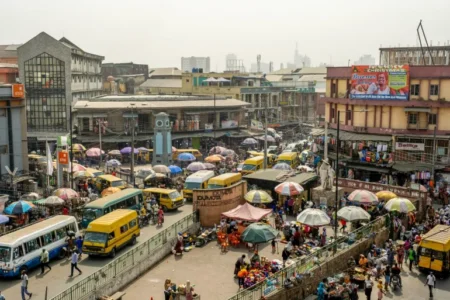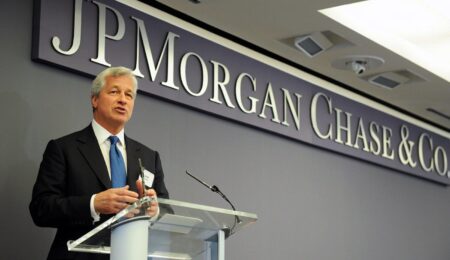Africa’s second-largest economy, South Africa—is planning to introduce projects worth of $29.5 billion in sectors such as water, energy, and transport—to fuel an economic recovery from coronavirus (COVID-19) pandemic, according to information from Reuters.
The infrastructure projects are expected to be approved by the South African President Cyril Ramaphosa’s cabinet, following discussions with the private sector and multilateral development banks, Paul Mashatile, ANC’s treasurer-general said during a video conference organized by a London based think-tank—Chatham House.
According to statistics from the South African government on COVID-19 trend, until May 27, 634,996 tests were conducted, 25,937 cases identified, 13,451 people recovered, 552 people succumbed to the virus and more than 1,600 cases emerged.
As South Africa swims in a second-recession, the economic-recovery projects would focus on areas such as railways, ports, energy, information technology, water and sanitation and housing.
“It is clear that given the scale of the damage to our economy, the post-COVID-19 reconstruction effort will be no mean feat,” Mashatile said.
Hence, while South Africa’s gross government debt-to-GDP ratio was roughly equal to the emerging market economies’ average in 2019, the domestic debt trajectory is a risk, the South African Reserve Bank (SARB) said in a Financial Stability Review, published on Wednesday 27 May, according to information from Businesstech.
“Once Covid-19 has been contained, a growth-friendly fiscal consolidation will be necessary to address the rise in public debt. Should government debt continue to increase unabated, the government may face debt service challenges, which could have serious implications for financial stability,” the report said.
South Africa’s public debt increased by more than almost any of its peers between 2008 and 2019 – by 33 percentage points of GDP. Thus—most industrialized nation in the region is faced with a rather stiff economic challenge.
In that context, the central bank displayed their prediction which marks a 7 per cent growth domestic product contraction in 2020, also other experts forecast a double-digit deficit.
Hence, ANC’s economic transformation subcommittee Head, Enoch Godongwana, told the conference that, the government hoped to stimulate economic demand via the infrastructure programme, drawing on lessons from the 2010 soccer World Cup the country hosted.
“Global trade is going to be subdued; therefore, exports will be minimal, we have got to look at how we stimulate demand in our given circumstances,” Godongwana said.
Also, the SARB report highlighted that despite the virus taking a toll on the region’s economy—South Africa banks are on average more resilient than their global counterparts, most are likely to report losses in the next year or two.





